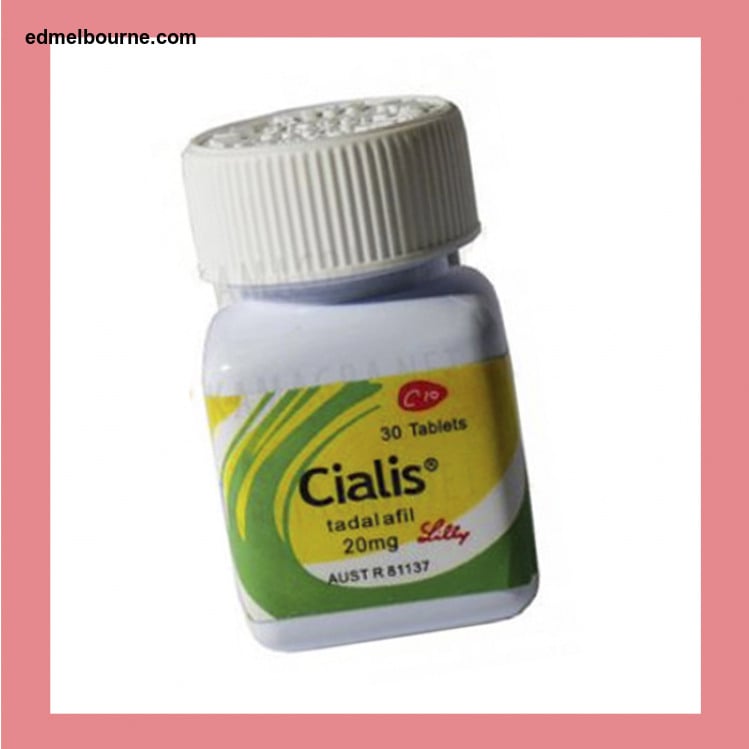
Flibanserin is a Viagra-like medication treating low sex drive disorders that some women experience. Specifically, it has been approved by FDA in 2015 for treatment of hypoactive sexual desire disorder (HSDD) for women who have not gone through the menopause yet. Bremelanotide is another drug treating the same disorder, but it is taken as a self-administered shot, which makes it inconvenient for many patients. Many women experience changes in their sexual drives, and typically these changes are tied to changes in stress levels, changes in relationships or just due to hormonal changes experienced during menopause or pregnancy. Roughly 10% of all females suffer from low sexual desire.
Flibanserin is taken daily, regardless of the intent to have sexual intercourse. It stimulates neural messengers called neurotransmitters that are material to feeling sexual arousal. The medication does not improve the sexual experience itself, and some form of psychological therapy or counselling is often advised in conjunction with using the medication. Often, hormonal therapy is also needed at the same time.
It is a prescription drug, and in order to get it, doctor needs to diagnose HSDD. It is important to emphasize that HSDD is only diagnosed if a woman experiences psychological problems due to her low sex drive. If the patient is not bothered by the low sex drive, then typically HSDD is not diagnosed. Before determining a diagnose, it is likely that the doctor will perform a psychological evaluation in order to eliminate common causes for low sex drive.
The research on side effects is somewhat limited. Pregnant women and women currently breastfeeding should not be taking this medication. Additionally, patients with cardiovascular and liver diseases should also avoid taking Flibanserin, as should those with HIV, hepatitis C or high blood pressure that is not fully under control. Adverse reactions can also occur with patients taking several other medications, so it is best to consult with the doctor about potential issues in such situations. Common side effects include nausea and headache, dizziness and tiredness.
The effectiveness of the medication is still debated and measure of success is quite subjective. It is difficult to measure whether the sexual desire increased, or if the level of distress due to lack of it decreased. It is commonly accepted that having at least significant sexual event is considered a success for patients taking Flibanserin. For some, this is hardly satisfactory. If there is not change that patient experiences in 8 weeks of taking the medication, it is generally accepted recommendation to stop taking the medication.
Flibanserin comes in a form of a pill and not every health care plan will cover the cost of it. Patients in the US can expect an out-of-pocket cost of roughly 0 for a pack of 30 pills, which is considered to be a one month supply.



4 Comments